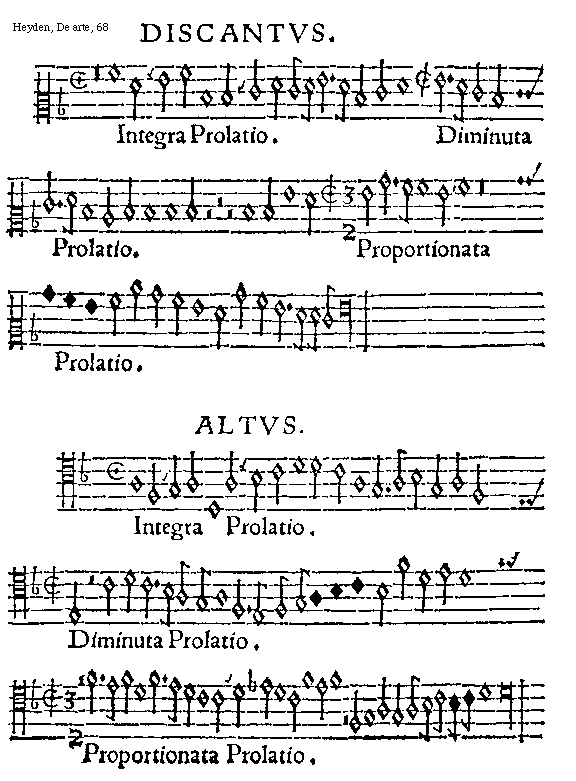

Two years later, in 1929, two editions of Geoffrey appeared, 2 which constitute a real advance over the older, uncritical editions. But if this be so, contrary to the opinion of Labeo, which I quoted above, neither a blind man nor a eunuch is diseased.Critical work on the manuscripts is still in its infancy, and in these circumstances speculation as to the original form of the Historia and any revision which it may have undergone can only be tentative. I must not omit to say that this also is stated in the works of the early jurists, 5 that the difference between a disease and a defect is that the latter is lasting, while the former comes and goes. Servius indeed ruled 3 that one who lacked a tooth could be returned, but Labeo said 4 that such a defect was not sufficient ground for a return: “For,” says he, “many men lack some one tooth, and most of them are no more diseased on that account, and it would be altogether absurd to say that men are not born sound, because infants come into the world un-provided with teeth.” With regard to a short-sighted person too, one whom we call in Latin luscitiosus, there is disagreement for some maintain that such a person should be returned in all cases, while others on the contrary hold that he can be returned only if that defect was the result of disease.

But if her health had failed, and in consequence such a defect had resulted that she could not conceive, in that case she appeared to be unsound and there was ground for returning her. For while Labeo thought 1 that she could be returned as unsound, they quote Trebatius as declaring 2 that no action could be taken on the basis of the edict, if the woman had been born barren. Sed hoc si ita est, neque caecus neque eunuchus morbosus est, contra Labeonis quam supra dixi sententiam.ġ5 Verba Masuri Sabini apposui ex libro luris civilis secundo: “Furiosus mutusve cuive quod membrum lacerum laesumque est aut obest quo ipse minusĬongenital they say that Trebatius gave a ruling opposed to that of Labeo. “vitium” distare, quod “vitium” perpetuum,ġ4 “morbus” cum accessu decessuque sit. Iurisperitorum scriptum esse, “morbum” et De myope quoque, qui “luscitiosus” Latine appellatur, dissensumĮst alii enim redhiberi omnimodo debere, alii contra, nisi id vitium morbo contractum esset.ġ2 Eum vero cui dens deesset, Servius redhiberi posse respondit, Labeo in causa esse redhibendi negavit vit “Nam et magna,” inquit, “pars dente aliquo carent, neque eo magis plerique homines morbosi sunt, et absurdum admodum est dicere non sanos nasci homines, quoniam cum infantibus non simul dentes gignuntur.”ġ3 Non praetereundum est id quoque in libris veterum At si valitudo eius offendisset exque ea vitium factum esset ut concipere fetus non posset, tum sanam nonġ1 videri et esse in causa redhibitionis. Nam cum redhiberi eam Labeo, quasi minus sanam, putasset, negasse aiunt Trebatium ex edicto agi posse, si ea mulier a principio genitali sterilitate esset.


 0 kommentar(er)
0 kommentar(er)
